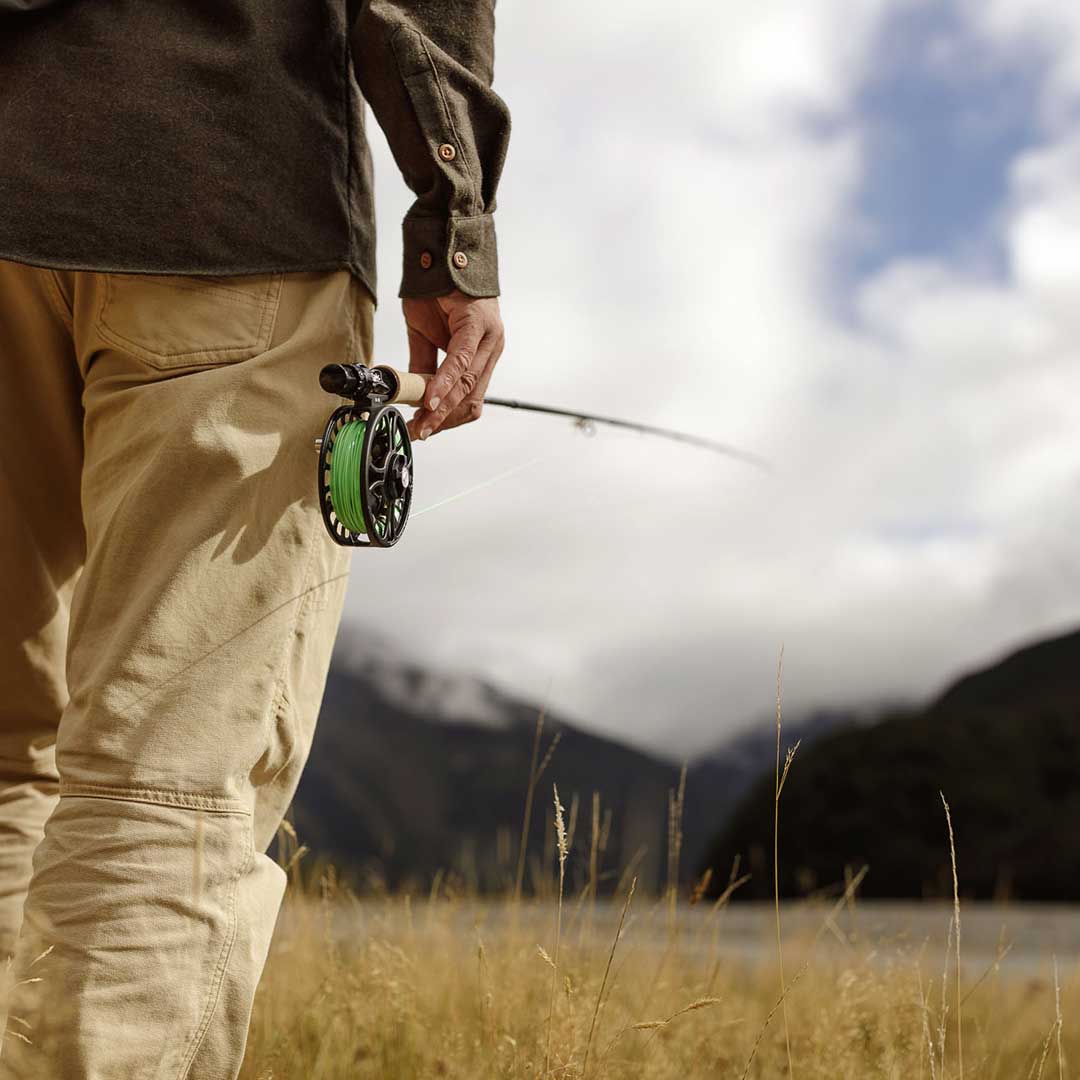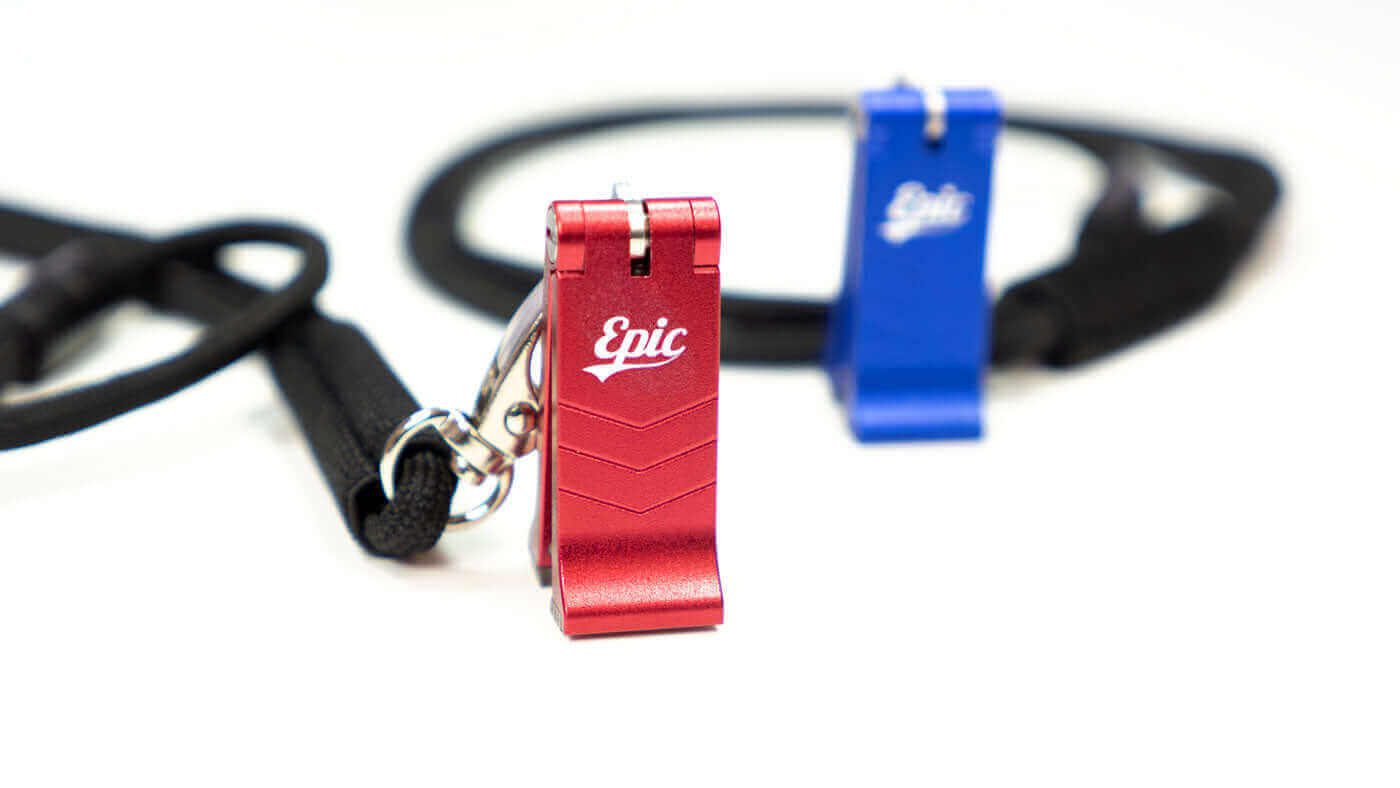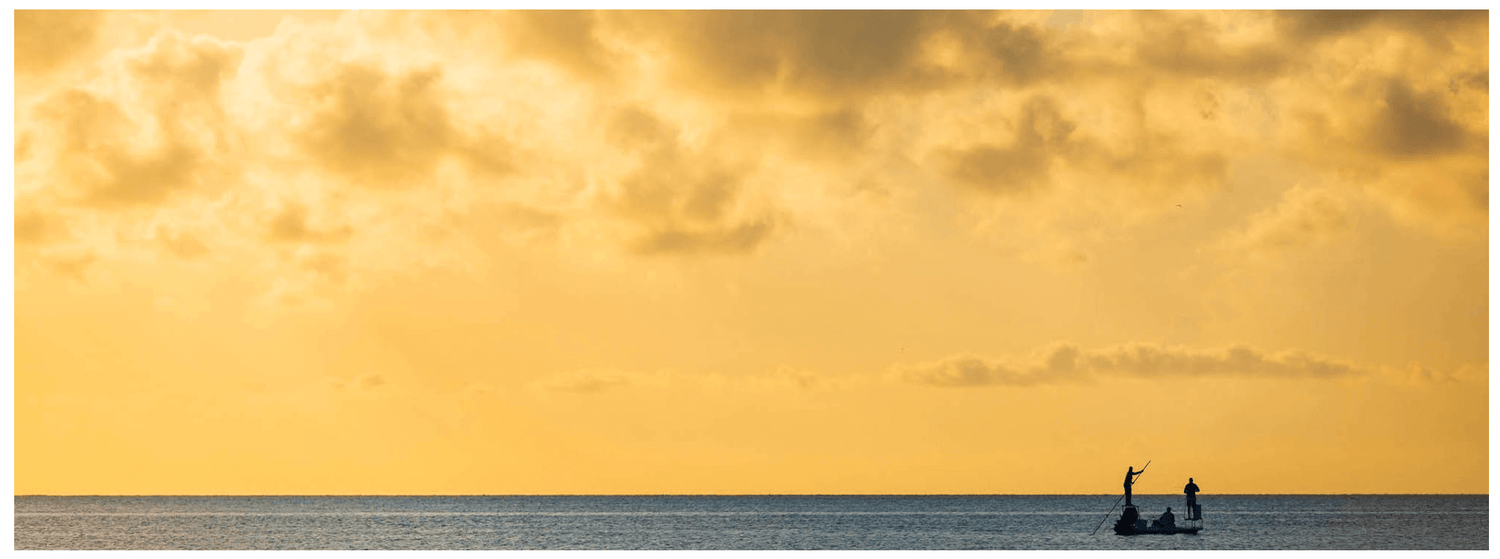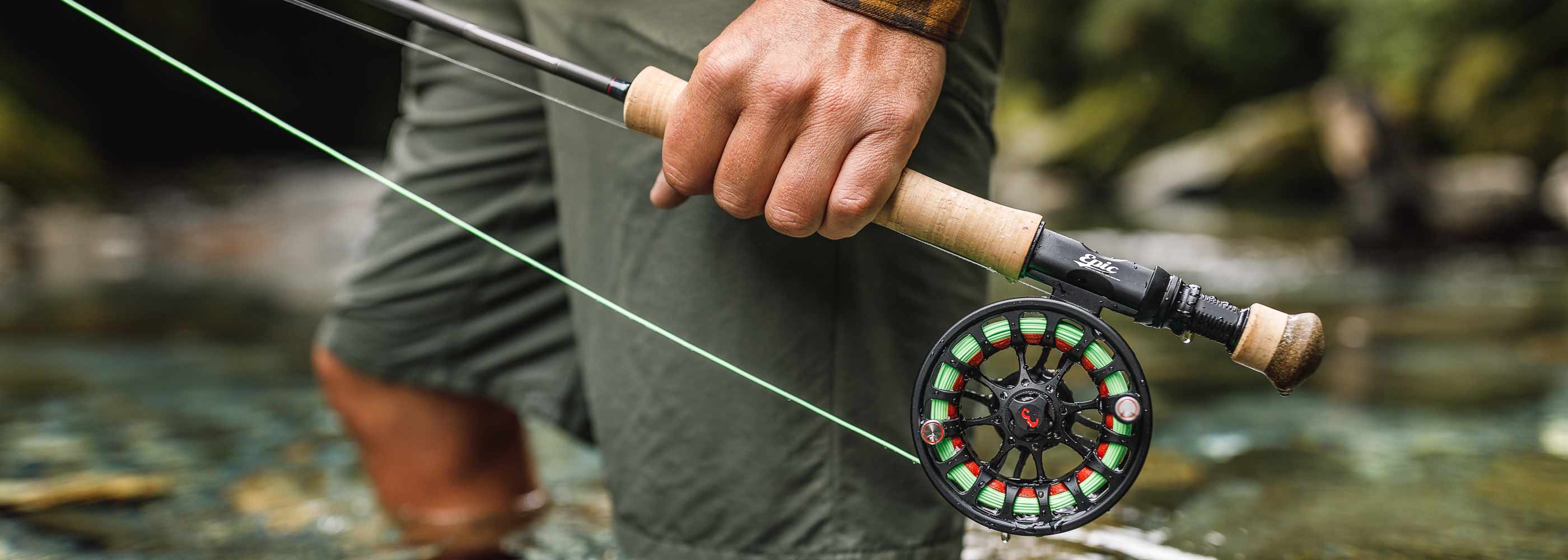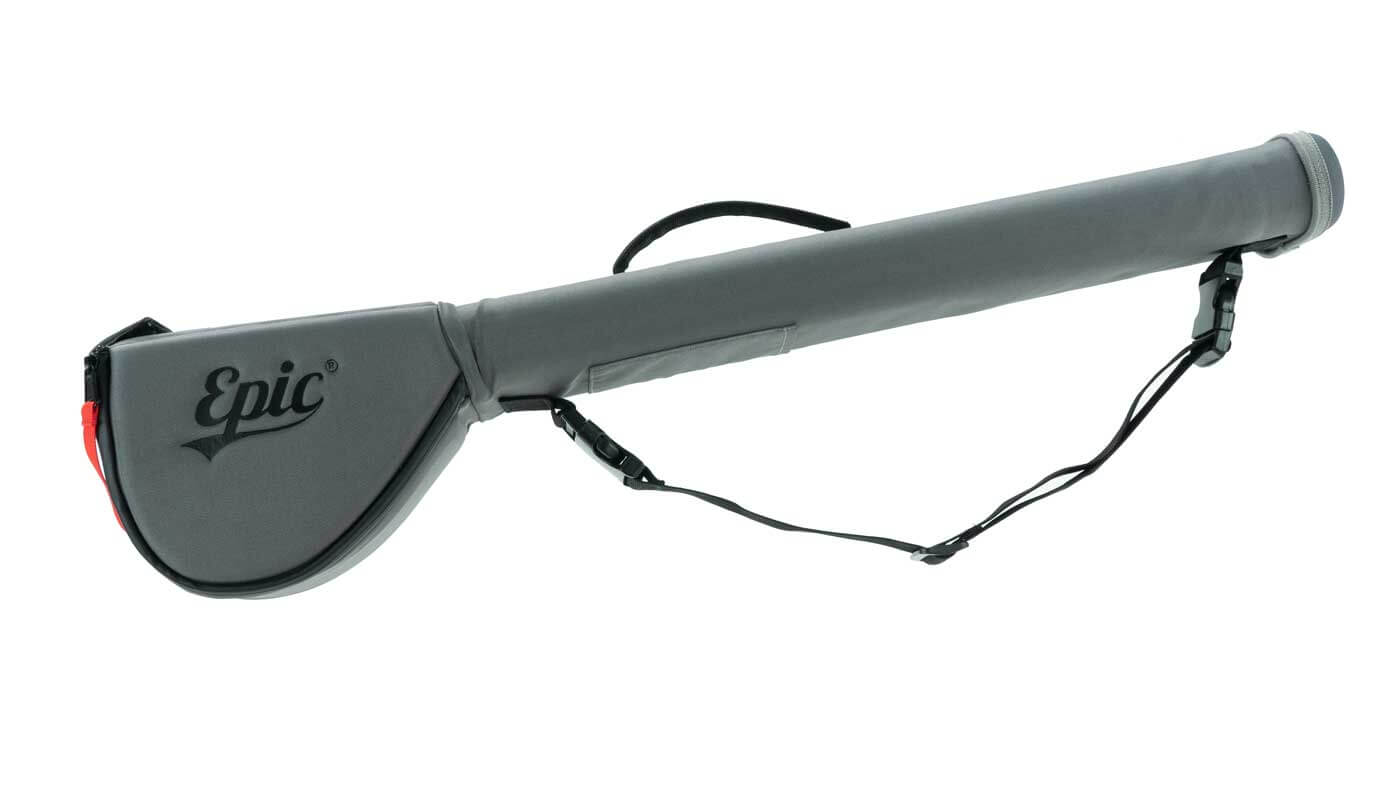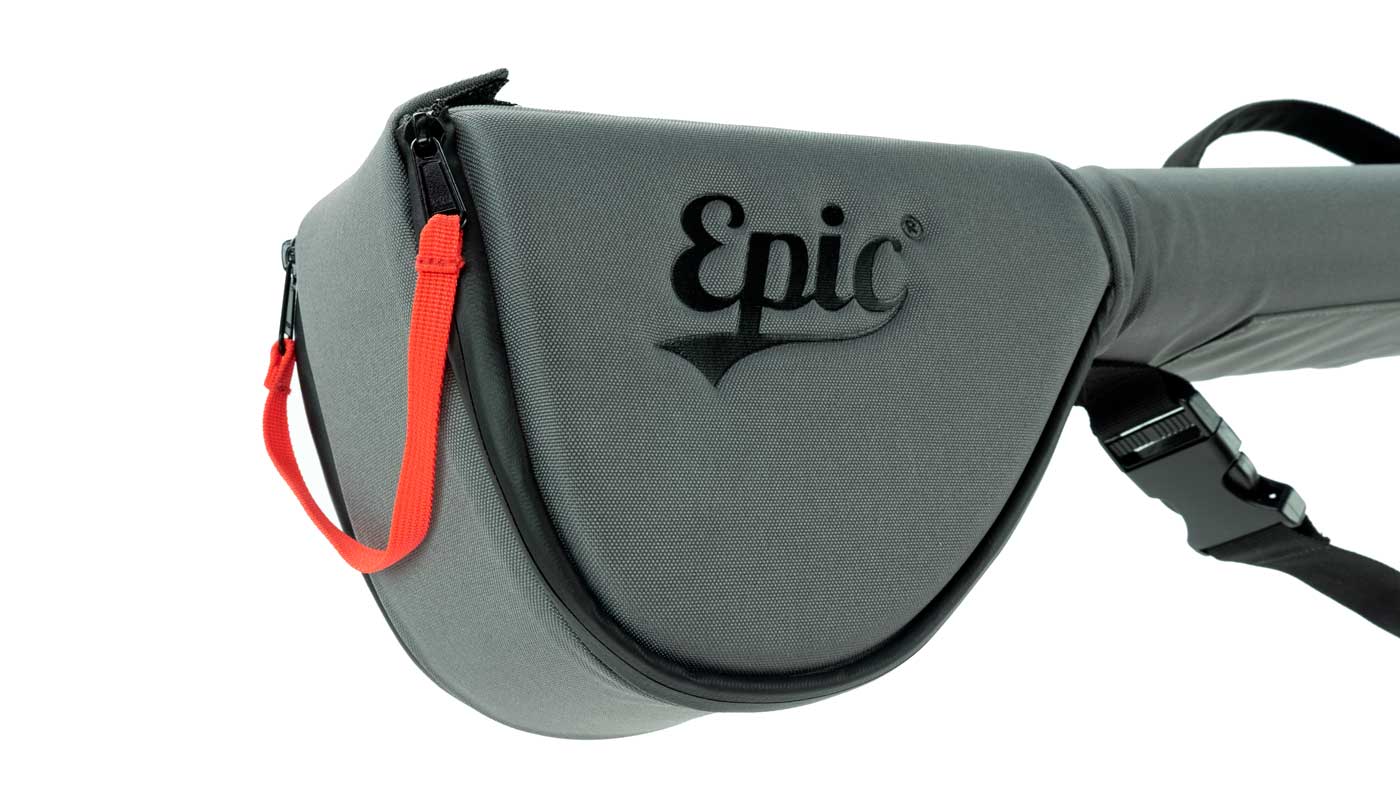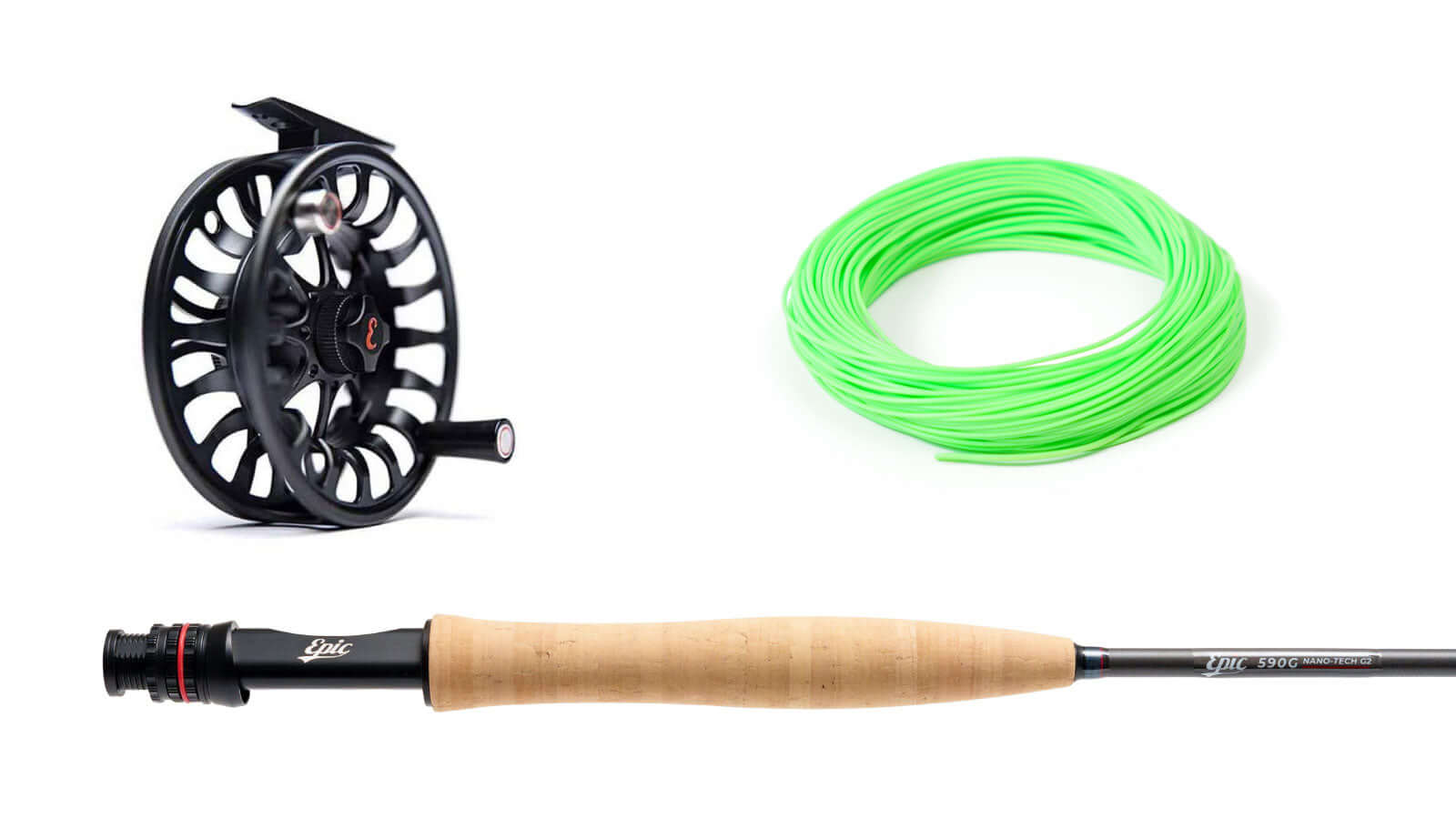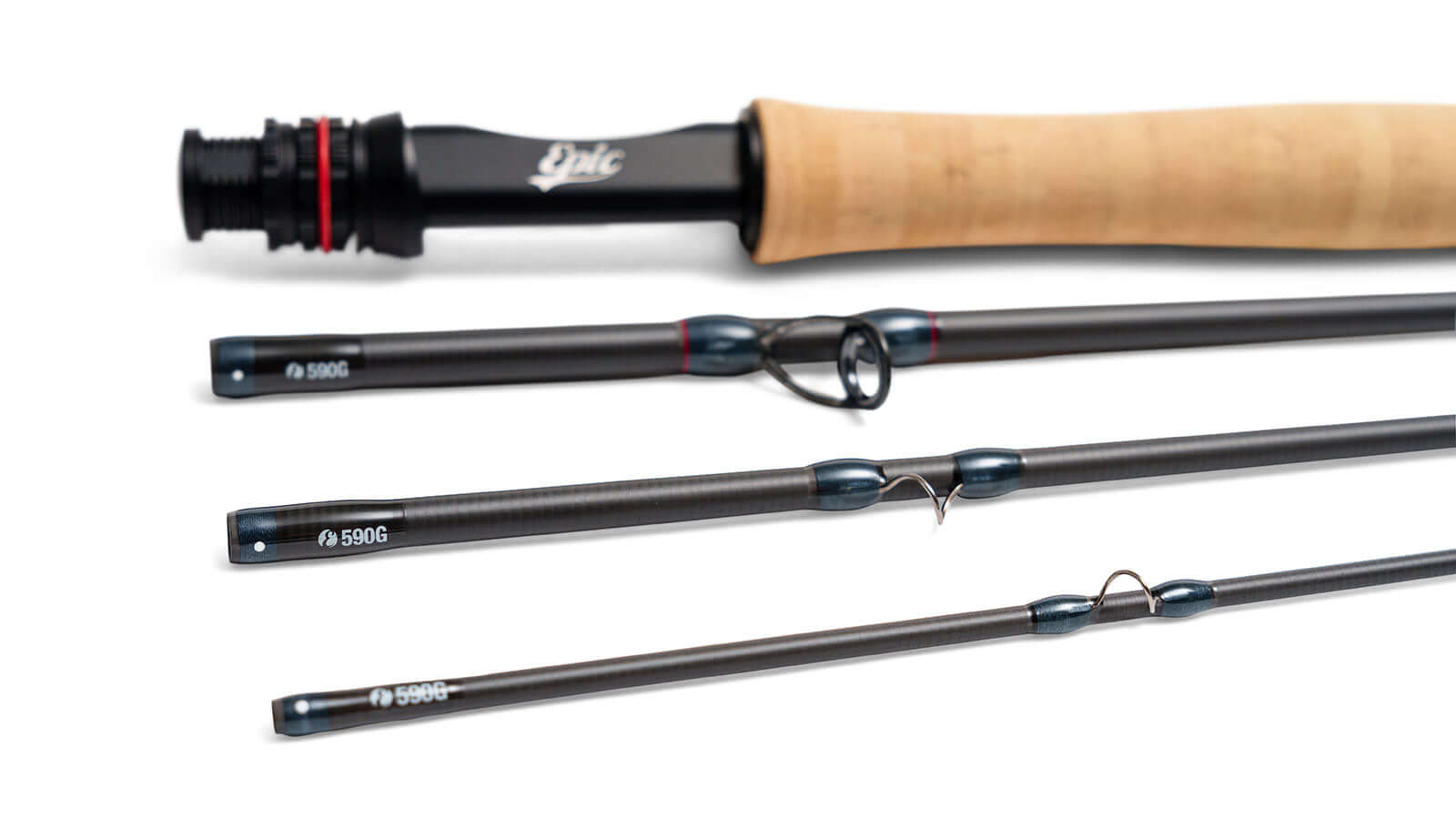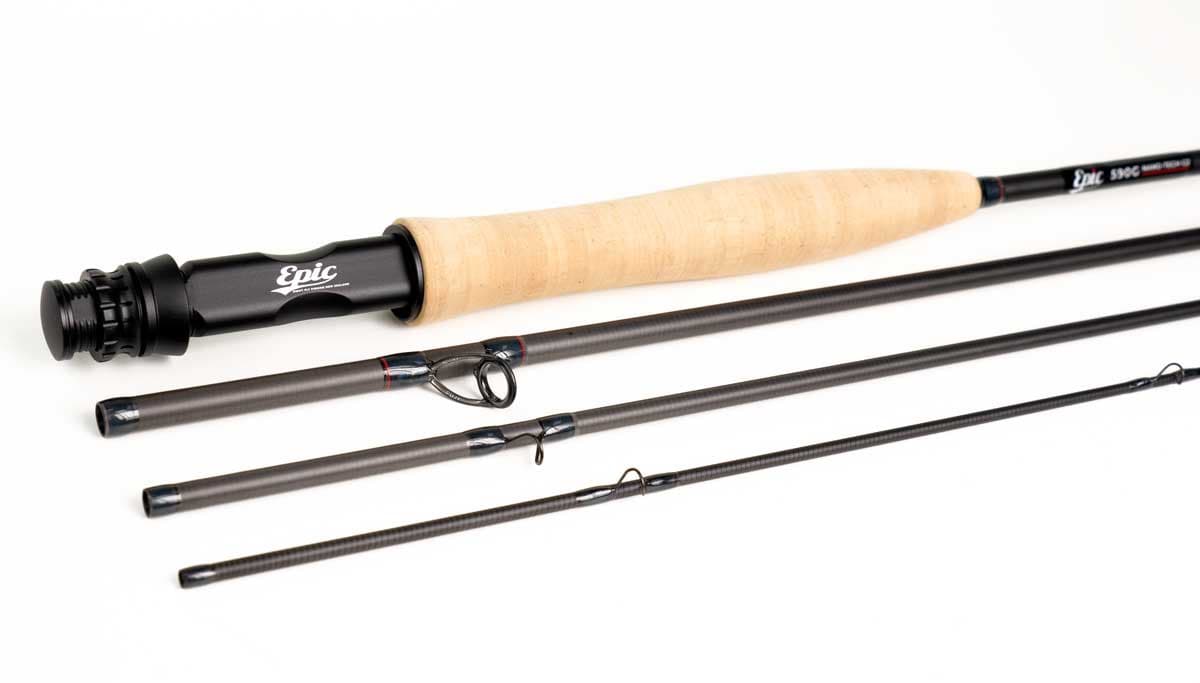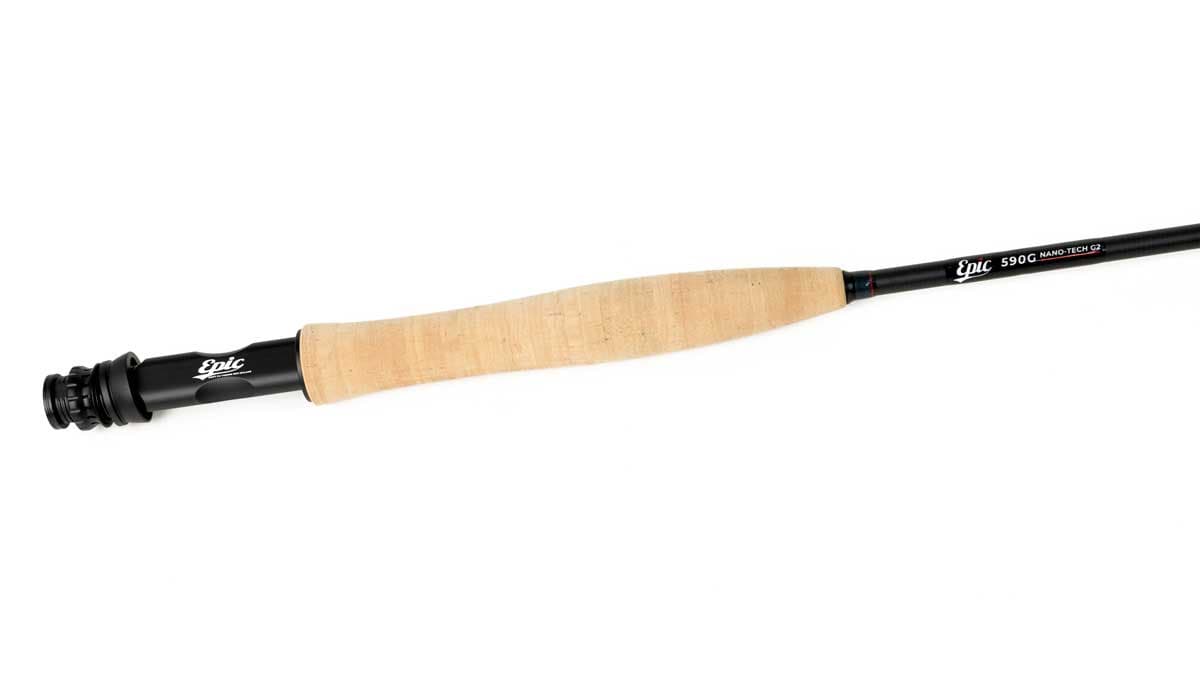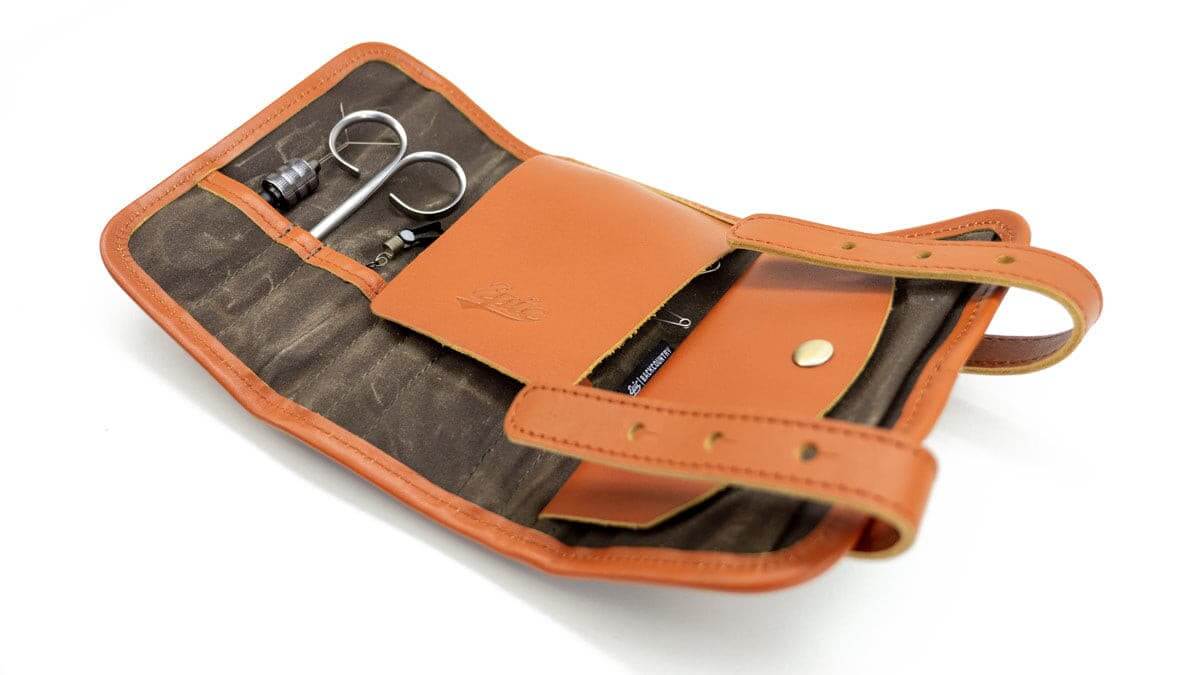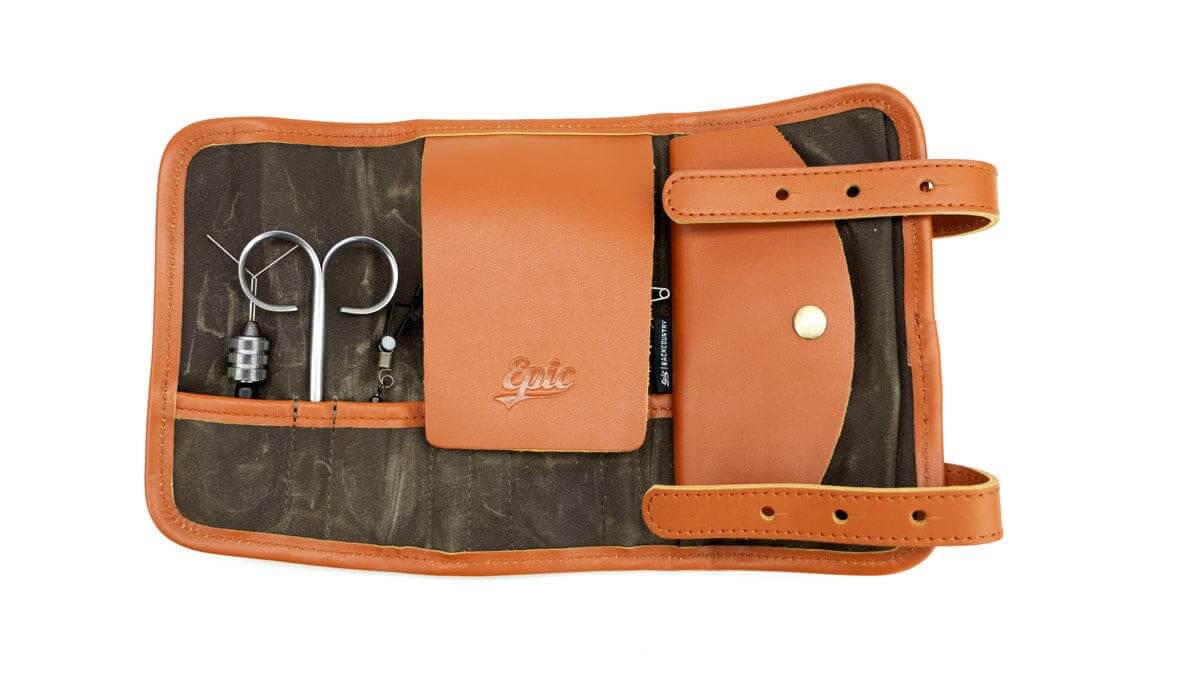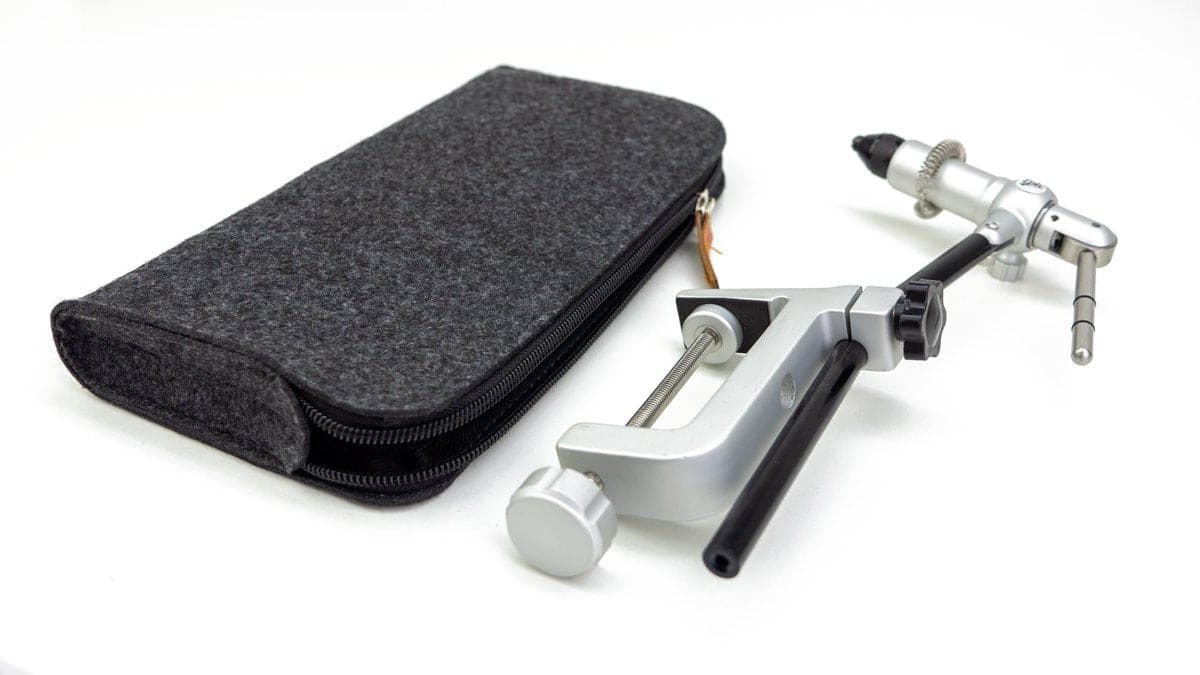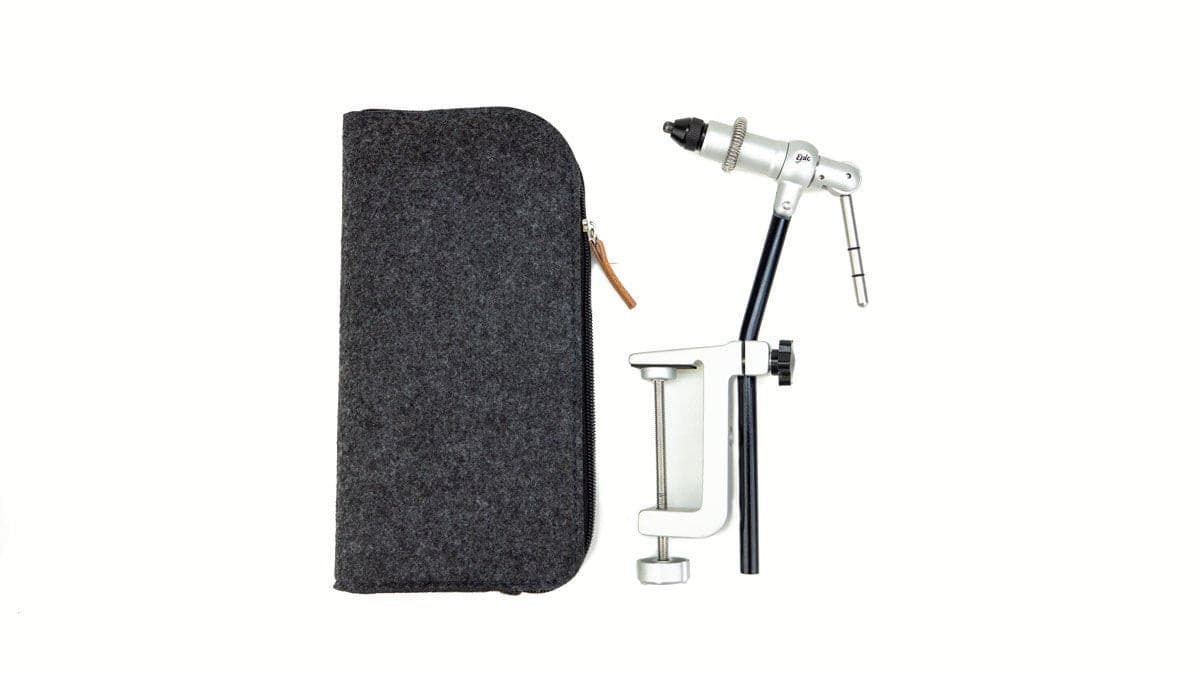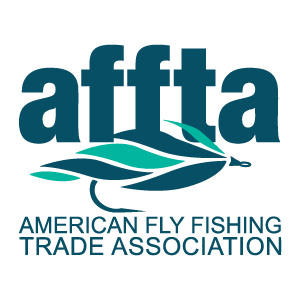Anglers Must Lead On Climate Change
~ Gregory Fitz

In the face of unprecedented threats to our fisheries from climate change and the loss of critical habitat to the systemic underfunding of fisheries management the recreational fishing community must unite and become a powerful, effective advocate if we are to sustainably manage our fisheries for future generations.
As anglers, we are seeing the changes brought on by climate change play out in our fisheries and watersheds in real time, especially if they depend on cold water, an increasingly precious and fragile commodity. We see the wildfires, the reduced snowpack and shrinking glaciers, the extreme flooding, and the summer heat waves and drought dangerously raising water temperatures. Carp anglers might not be as concerned – after all, carp are fine in hot, dirty water – but trout, steelhead, and salmon anglers can already see the impacts to their home rivers and fish populations.
Intact ecosystems withstand climate shocks better than disconnected or deeply compromised systems. Today, too many of our salt and freshwater ecosystems bear years of accumulated degradation. This makes them more susceptible to climate impacts than they should be. Anglers see these changes and impacts, and we must lead the charge to demand that policymakers invest in the restoration, recovery, and proactive management required to help watersheds and ecosystems build resilience in the face of climate change. These are changes that can be implemented immediately and there is no time to wait.

In freshwater systems, we must remove barriers to fish passage to reconnect habitat (deciding which dams will be removed to save salmon and which will remain to create electricity will be a crucial challenge), reduce pollution and improve water quality, reconnect floodplains and replenish ground water, restore riparian habitat to cool the water, and better manage the forests and landscapes surrounding our rivers and headwaters. We need fishery management that accounts for hot water and errs on the side of caution to ensure fish are protected when they need it most.
In ocean fisheries, anglers must demand policies that reduce bycatch and protect forage fish. Marine sanctuaries have been proven to help rebuild fish stocks and they need to be expanded. More research needs to be done to understand how fish species are shifting locations to find the temperatures and food they require, or how ocean acidification and marine heat waves are affecting productivity and ocean carrying capacity. These impacts must be factored into allocations and season setting processes so that our fisheries aren’t overexploiting fish stocks and harvest levels prioritize long term sustainability. Near shore and estuary habitat must be protected and restored.
The list goes on and on, but these are our marching orders. If anglers want our fisheries to remain viable and sustainable going forward, we have our work cut out for us: We must work to protect and restore our waters while we help our communities shift to clean energy.
We still have a window of opportunity to make huge strides forward for our fisheries and anglers should be leaders in this generational effort. A vision of our children and grandchildren responsibly fishing on intact, resilient waters – on rivers, lakes, and the sea – must be our lodestar.

Tomorrow’s Fish is a campaign of the AFFTA Fisheries Fund and its partners to inspire anglers to take bold, decisive, accountable action to sustain healthy and abundant fisheries in the face of a changing climate.
Follow on Instagram : https://www.instagram.com/tomorrowsfish_org/
Gregory Fitz is a writer, angler, and wild-fish activist based in Seattle, Washington. His essays have been featured in The Flyfish Journal, Steelheader’s Journal, The Drake, and This is Fly.


